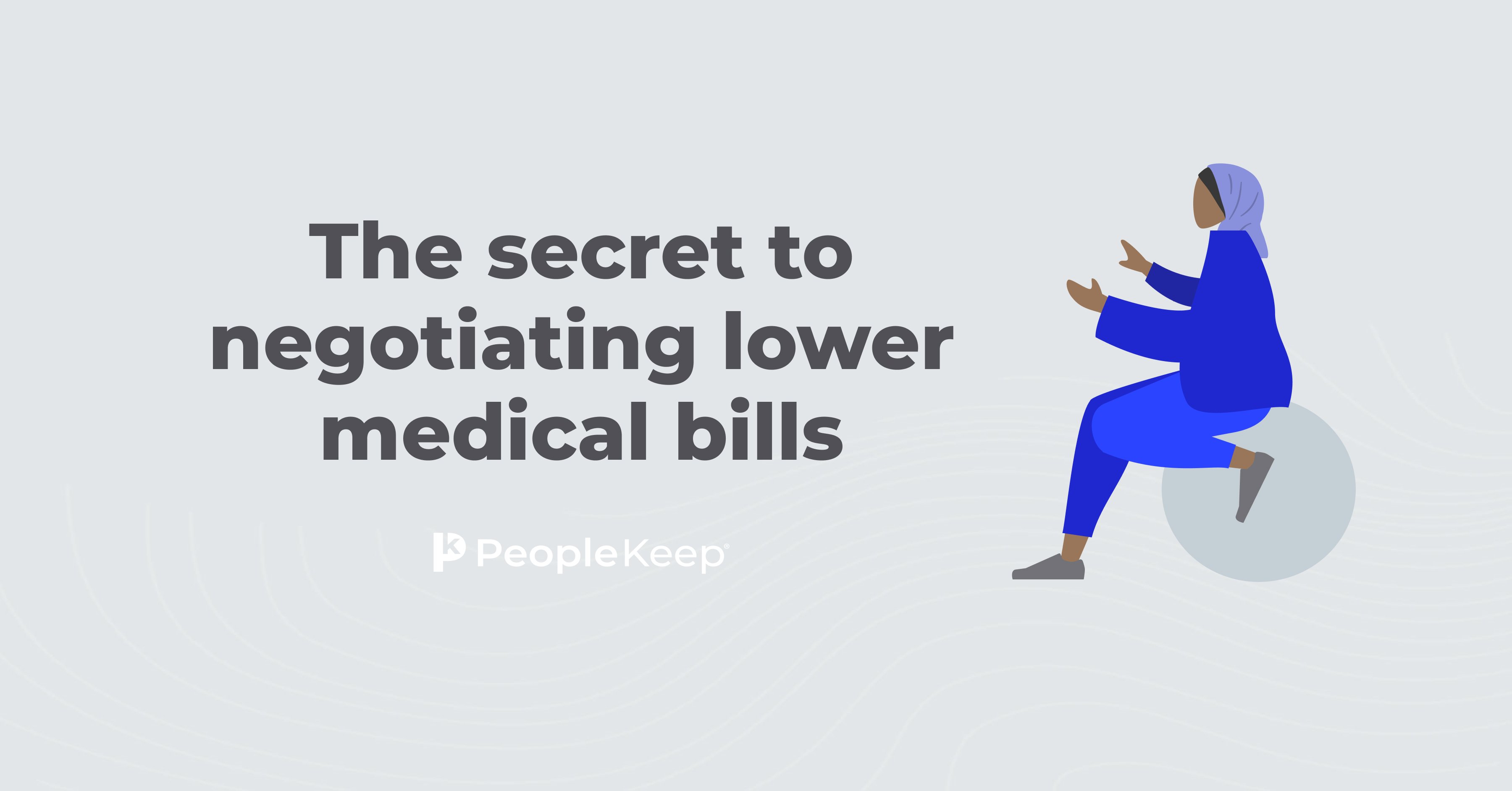Using HSAs with Social Security and Medicare
By Elizabeth Walker on July 24, 2023 at 11:00 AM
Health savings accounts (HSAs) are individually-owned accounts where you can save pre-tax dollars to pay for healthcare expenses that are defined in IRS Publication 502. HSAs are a popular health benefit that both employers and employees can contribute to, and those aged 65 and older can use their accounts to pay for any cost without a penalty.
HSAs have several benefits that other savings accounts don’t offer, like portability, rollover capabilities, and tax advantages. But if you’ve reached retirement age, you must understand how to use your HSA with certain federal programs.
In this blog, we’ll review how HSAs work with Medicare and Social Security so you can stay compliant and maximize your benefits.
Learn everything you need to know about health savings accounts in our complete guide
What is Medicare?
Medicare1 is a federal health insurance program available through the Social Security Administration. Individuals aged 65 and older or with a qualifying disability, like end-stage renal disease (ESRD), can apply for Medicare.
While often confused with Medicaid, a federal income-based program that provides health insurance to those needing financial assistance, Medicare is primarily for those of retirement age and doesn’t use income to determine eligibility.
The following are the four main parts of Medicare:
- Part A: As the hospital coverage part of Original Medicare, Part A insurance covers costs associated with hospital stays, limited stays at nursing homes, hospices, and home healthcare.
- Part B: This is the medical insurance part of Original Medicare. Individuals receive coverage for basic healthcare costs, like physician visits, preventive care, and outpatient care.
- Part C: With Part C, also known as the Medicare Advantage program, beneficiaries can enroll in a private health plan and receive health coverage for everything included in Parts A, B, and sometimes Part D benefits.
- Part D: This part is optional prescription drug coverage. These plans must offer at least two prescription options in all related categories to treat your health condition.
Not all Medicare parts require you to pay a monthly insurance premium. But for the ones that do, the plan premium amount will vary from year to year.
How does Medicare work with HSAs?
Medicare Part A and B to be health coverage. Only those with an HSA-qualified high-deductible health plan (HDHP) can contribute to an HSA, and individuals contributing to an HSA can’t have any health coverage other than the HDHP. Medicare doesn’t satisfy these requirements..
You can still have an HSA-qualified high-deductible plan if you're eligible for Medicare. But you can’t open or contribute to an HSA. If you do, you’ll be subject to penalties from the IRS.
However, you can continue to make HSA withdrawals to pay for qualified medical expenses (and other eligible expenses if you’re over age 65) after you enroll in Medicare. If you’d like to maximize your HSA withdrawals during your retirement years, hitting your annual contribution limit, including the $1,000 catch-up contribution limit, every year is key.
What is Social Security?
The Social Security Administration (SSA)3 provides financial assistance and benefits for many Americans depending on their age or situation. Most notably, they offer retirement, disability, family, and health benefits to those that meet specific requirements.
Some of the programs and benefits the SSA offers include4:
- Assistance programs, like Supplemental Security Income (SSI), Social Security Disability Insurance (SSDI), housing assistance, and temporary assistance for needy families
- Old-age, survivors, and disability insurance (OASDI)
- Unemployment, workers’ compensation, and temporary disability insurance
- Medicare and Medicaid
- Veterans’ benefits
- Railroad and government employee retirement benefits
How do Social Security benefits work with HSAs?
Social Security benefits and Medicare go hand in hand because they’re generally for people of retirement age. Once you reach 65, most individuals start receiving Social Security benefits and trigger automatic enrollment in Medicare Part A.
As discussed above, you can’t have Medicare Part A and open or contribute to an HSA. However, you can’t opt out of Part A while collecting your Social Security retirement benefits either.
If you want to contribute to your HSA, you must delay your Social Security payments so you can decline Medicare Part A. You can easily do this if you haven’t applied for Social Security retirement benefits or Medicare Part A. There’s no fee for delaying Social Security, and you can always reapply for free when you’re ready.
However, if you have already begun receiving your benefits, you must first return your Social Security payments and any claims you received from your Medicare Part A plan. When you’re ready to stop contributing to your HSA, you can reapply for Social Security and Medicare.
It’s important to note that the SSA will retroactively start your retirement benefits and Medicare Part A six months before your application date (if you were eligible to receive benefits during those six months). This means you must end your HSA contributions at least six months before applying for benefits to avoid a 6% excise tax penalty from the IRS for making excess contributions to your account5.
Conclusion
HSAs, Social Security, and Medicare are all valuable benefits for individuals of retirement age. If you’re older than 65 and want to keep contributing to your HSA for tax advantages, investment gains, or simply to save more money, you can! But it’s essential to know the rules you must follow to continue contributing to your HSA.
If you’re unsure how to manage your HSA contributions while receiving Medicare and Social Security benefits, contact a financial advisor or visit the Medicare or Social Security Administration websites to help you through the process.
This article was originally published on February 16, 2017. It was last updated on July 24, 2023.
- https://www.medicare.gov/
- https://www.irs.gov/publications/p969#:~:text=the%20work%20force.-,Qualifying%20for%20an%20HSA%20Contribution,-To%20be%20an
- https://www.ssa.gov/
- https://www.ssa.gov/policy/docs/progdesc/sspus/index.html
- https://www.irs.gov/publications/p969#:~:text=a%20cafeteria%20plan.-,Enrolled%20in%20Medicare.,-Beginning%20with%20the
Check out more resources
See these related articles

The secret to negotiating lower medical bills
Get tips on how to lower your medical bills, get financial assistance, and negotiate a more affordable payment plan with your healthcare provider.

Pre-Tax Healthcare Accounts for Medical Expenses
Pre-tax healthcare accounts can help businesses and employees save money by paying for health and medical care expenses with pre-tax dollars.

History of Health Savings Accounts - MSAs to HSAs
The History of Health Savings Accounts, or HSAs, goes back to the 1980s and 1990s when Congress began discussing Medical Savings Accounts (MSAs)...


